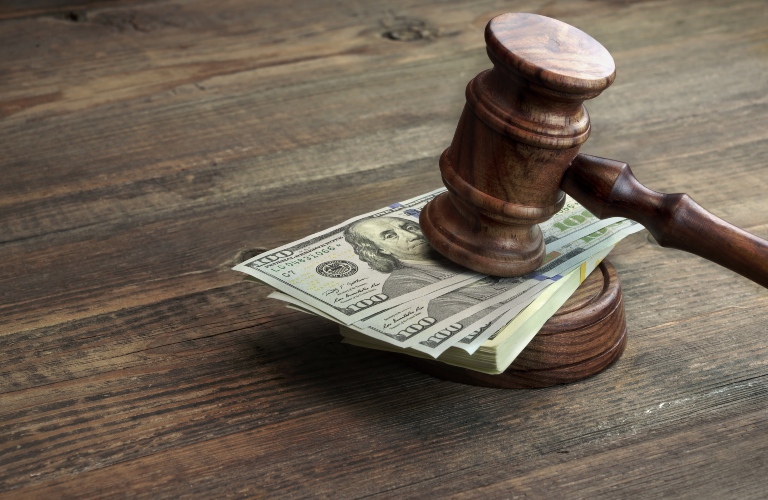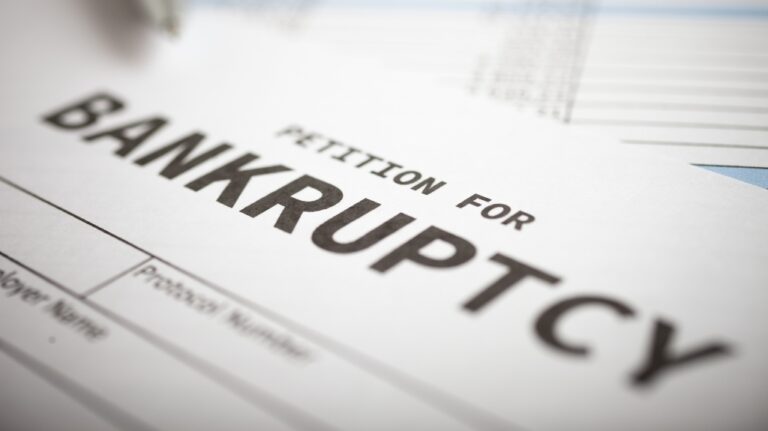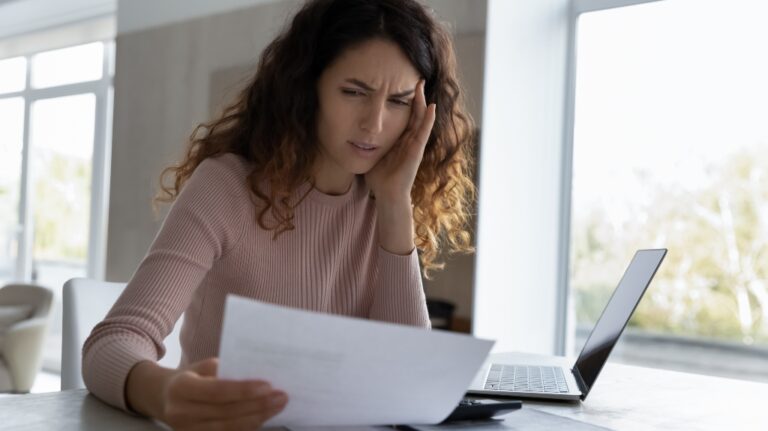There are moments in life that challenge our world view, but the double whammy of bankruptcy and divorce is especially fraught. When these two events coincide it can cause turmoil that’s difficult to overcome.
An attorney who can advise on bankruptcy and divorce is a key ally to consult when facing these difficulties. They can provide perspective and lay out your options.
If moving forward with divorce is unavoidable, an attorney’s insight into the nuances of bankruptcy and the family court division in your county will help formulate a strategic approach to make the best use of your time and resources. An experienced attorney can help answer the following questions as they pertain to your specific situation:
- How does bankruptcy affect divorce settlements in SC?
- Does the bankruptcy court’s automatic stay on creditors pause divorce proceedings?
- What happens to marital debt in a South Carolina divorce?
- Can bankruptcy be a financial planning tool for divorcing couples?
- Can a divorcing couple file for joint bankruptcy?
- Planning for domestic support orders in conjunction with bankruptcy.
What You Need to Know About Divorce in South Carolina
South Carolina law allows for no-fault and at-fault divorces. Requirements for each differ: a no-fault divorce does not include a trial or need to establish a reason or proof for divorce. Each county has a family court division that handles divorce, alimony/child support, and custody issues.
Both types of divorce have specific filing requirements. An at-fault divorce can be filed within months but may take longer to reach a judge’s docket (schedule) for a hearing. A no-fault divorce petition requires a year’s waiting time but then may be settled quickly.
Legal separation is not recognized in South Carolina, but a person seeking divorce may file “An Action for Separate Support and Maintenance” which asks the court to order their spouse to financially support them until a final decision is made on their divorce.
At-fault divorces:
- Can be granted without both spouses consenting to divorce;
- Can be filed for reasons including desertion, adultery, physical abuse, or drug dependency;
- Allow proof of adultery to negate claims for alimony, and
- Provides for equitable division of property.
No-fault divorces:
- May be filed after one year of living separately;
- Can include mediated agreements that avoid costly legal fees and court time, and
- Provide for equitable division of property.
What You Need to Know About Bankruptcy in South Carolina
Bankruptcy is a federal petition that is administered in local courts. In most cases, individuals declaring bankruptcy are seeking relief from overwhelming debt, often as a result of job loss, medical bills, or disability. It’s common for married couples to have significant debt and to seek bankruptcy protection while petitioning for divorce. An experienced attorney can guide an individual or couple through the process, which is complicated by divorce proceedings.

The first thing that happens in bankruptcy is an automatic “stay” on debt collection, which can interrupt any divorce proceedings that are underway. Note that court orders for alimony, child support, student loans, and some other kinds of debt cannot be negated by bankruptcy.
Seeking legal representation from a South Carolina bankruptcy attorney before initiating divorce proceedings is crucial due to the complex interplay between these legal processes. One significant reason is that obtaining a court order prior to filing for bankruptcy can inadvertently prevent the discharge of certain debts that would otherwise be eligible for discharge. This preemptive legal advice ensures that individuals understand the potential consequences of court actions on their bankruptcy options, allowing them to strategically plan the timing and sequence of legal actions to maximize financial relief and safeguard their assets during a divorce.
Deciding When to File for Bankruptcy and Divorce in South Carolina
Debt and divorce are intertwined issues, whether you have a family business or joint consumer debt. An experienced attorney can weigh your situation and recommend the best course of action, whether that’s finding an alternative to bankruptcy, or filing for bankruptcy first, then divorce to streamline the division of jointly held assets. Talk to a qualified professional at Lam Law Firm to understand the issues and your best route forward.






